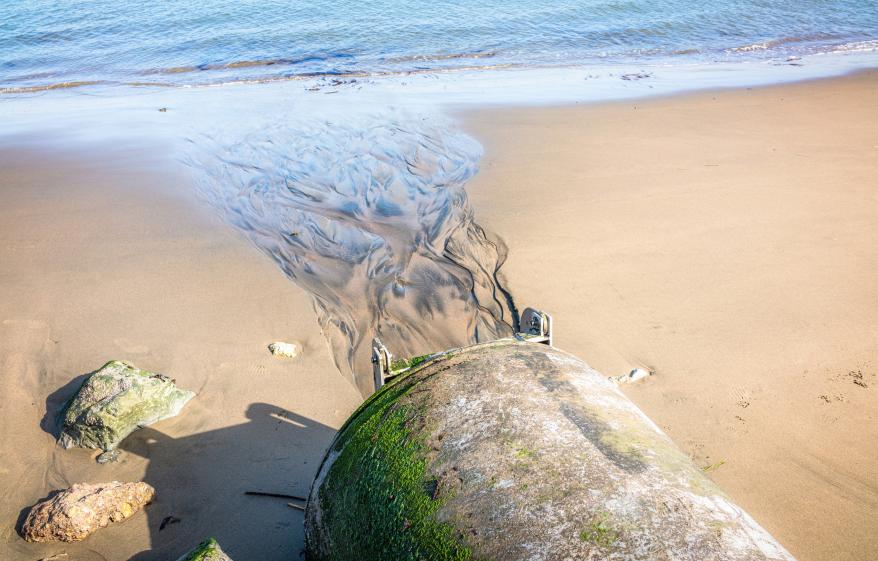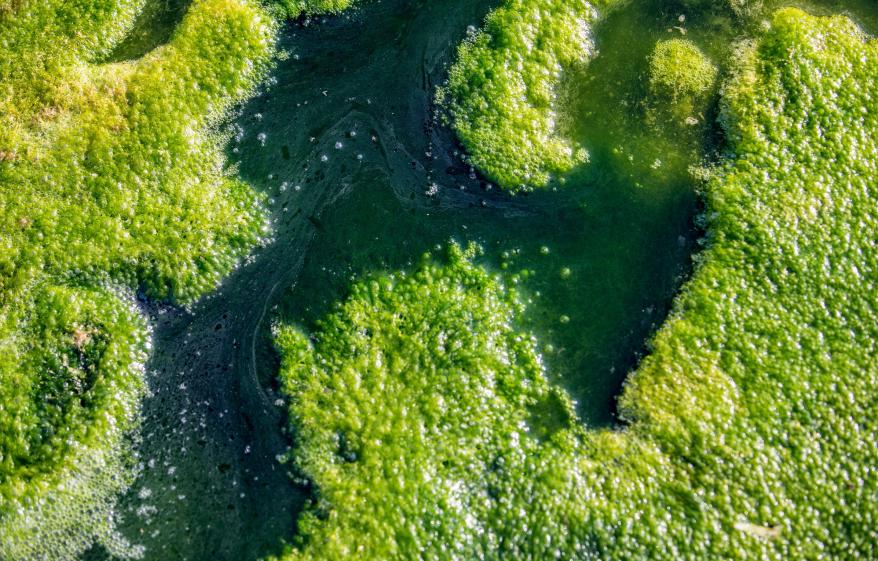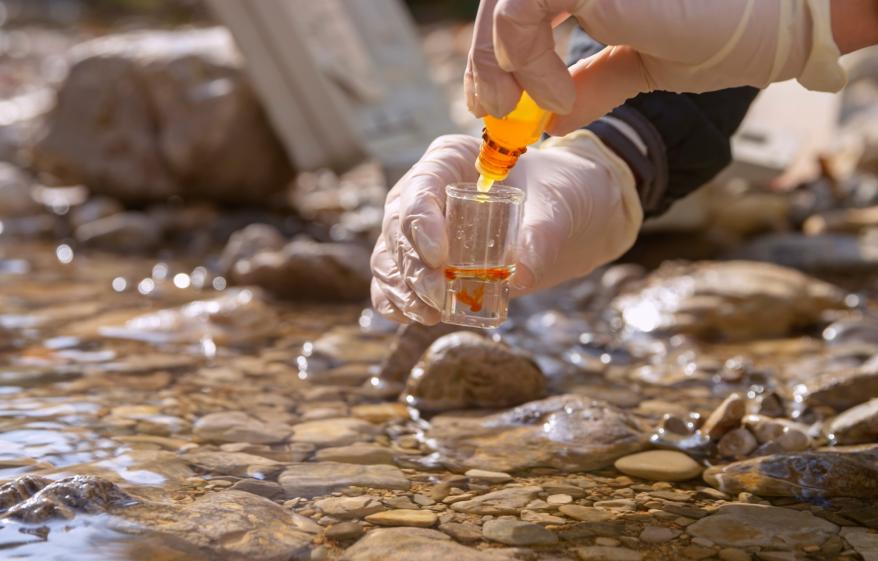
Pollution in Lake Windermere
Stricter regulations and more investment in wastewater treatment infrastructure is needed.
In recent years, concerns have been raised about the impact of sewage pollution in Lake Windermere and its surrounding environment from the area’s wastewater treatment plant.
Storm overflows, which are part of the wastewater management infrastructure, are designed to prevent flooding and damage to property during heavy rain or other extreme weather events. However, during periods of heavy rainfall, storm overflows can release untreated or partially treated sewage which can have a range of harmful effects, including the release of nutrients that can fuel the growth of harmful algae and other aquatic plants, which can choke off oxygen and harm fish and other wildlife. It can also contain harmful bacteria, viruses, and other pathogens that can cause illness and disease in humans and animals.
The nutrient of greatest concern is phosphorus.
Phosphorus is excreted by all humans and animals in our waste; the greater the numbers of people living around and visiting the lake, the greater the quantity of phosphorus that enters the lake. The route that phosphorus takes to the lake is via the outfalls of wastewater treatment works and those of private septic tanks. Agriculture also makes a significant contribution via run-off into the water environment from phosphorus-rich fertilisers and animal slurry spread onto land.
In 2021, the year with the most recent data available, there were more than 372,000 spill events in the UK – more than 2.6 million hours overall, with untreated effluent – including human waste, wet wipes and condoms – released into the UK’s waterways.
In July 2022, the Daily Mail reported that at least five dogs and one person had fallen ill after swimming in the lake, all those affected are understood to have contracted campylobacter, a bacterial disease that causes illness.
Subsequent to these incidents, in August 2022, local Council leaders urged swimmers and dog-walkers to stay out of Lake Windermere because of the potentially toxic algae covering the water’s surface – after experts warned that fish in the lake are choking to death and lakes, rivers and canals across Britain turned green during the heatwave.
Efforts to address pollution in Lake Windermere and other areas of the Lake District are ongoing, with calls for stricter regulations and more investment in wastewater treatment infrastructure to prevent sewage pollution and other forms of contamination.
Watch savewindermere.com’s latest petition video:













